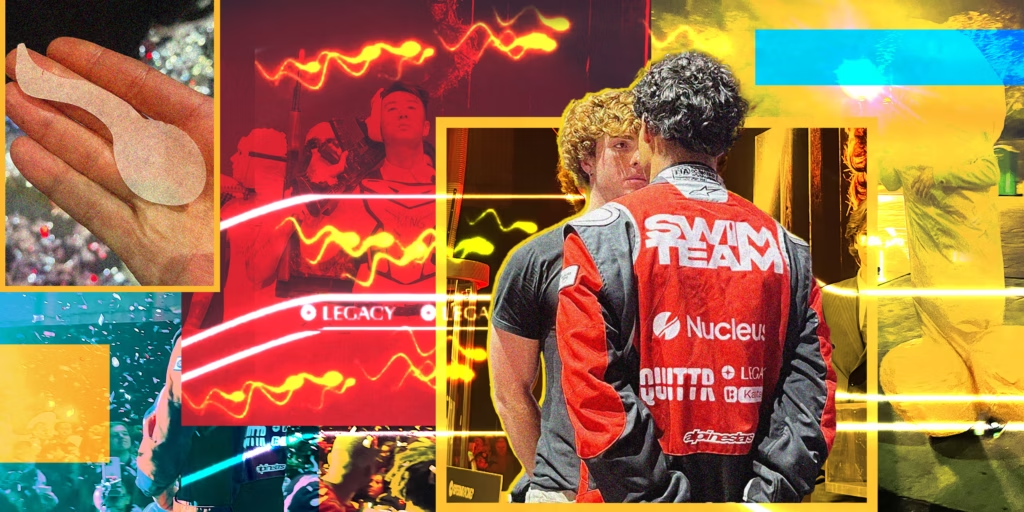As if he didn’t have enough on his plate already, Elon Musk now finds himself in possession of Twitter after striking a landmark deal for its purchase at $US44 billion ($61.4 billion AUD). The transaction is a monumental one that will surely have global implications as the control of the social media platform shifts to the world’s richest person, a man who has frequently expressed his desire to see free speech given the platform it deserves, while also lamenting the pitfalls of Twitter which he hopes to address.
Just last week such a deal seemed uncertain, but after revealing the financial details of his offer, it appears Twitter shareholders had a change of heart towards Musk as the deal was accelerated over the weekend. As the ABC reports, “Under pressure, Twitter started negotiating with Mr Musk to big the company at the proposed $US54.20 ($75.60) per share.”
Now that he owns the platform, expect to see some changes on Twitter. Musk has expressed his desire to take the company private and build trust with users to better serve what he describes as the “societal imperative” of free speech. As Musk said in a statement following the purchase: “Free speech is the bedrock of a functioning democracy, and Twitter is the digital town square where matters vital to the future of humanity are debated. I also want to make Twitter better than every by enhancing the product with new features, making the algorithms open source to increase trust, defeating the spam bots, and authenticating all humans.”
But exactly why did Musk want to buy Twitter and what does he plan to do with it? On the same day that Musk placed his bid to take over the company and make it private, he also appeared at a TED talk in Vancouver where he explained his long-term vision and plans for the company. “This is not a way to sort of make money,” he said. “My strong intuitive sense is that having a public platform that is maximally trusted and broadly inclusive is extremely important.”
In an interview with Wired in which he talks about Musk’s approach to Twitter and the hesitations of some shareholders in regards to Musk’s bid, business professor at Manchester Business School, Cary Cooper, says Musk could steer the platform in a new direction. “He’s not a traditional businessman,” he told the publication. “He’s a man that is pretty creative and pretty innovative. He’s a unique guy and does things in a way that a normal businessperson wouldn’t do. He doesn’t play the normal games that an entrepreneur would play.”
As more and more of our lives are played out on social media, Twitter presents an interesting model. Despite the developments of TikTok and Facebook, and frequent changes arriving to platforms like Instagram, Twitter remains relatively unchanged, presenting the similar interface and model we’ve come to know since its launch in 2006. As a result, few can say the platform is doing a good job at keeping up with its competitors, but even despite all of this, it continues to be the preferred platform for public discourse surrounding politics and culture. With Musk’s takeover, rather than find ways to curb the potential damage that is possible on the platform, it seems that he wants to preserve the chaos that the platform thrives on that allows users to influence their global audiences with little interference. As Kyle Chayka writes for The New Yorker, “Musk seems determined to restore a previous era, when tweeting had fewer consequences – making Twitter great again.”
For most, it will be a waiting game where we simply have to see what happens and when it comes to Musk, you should know by now that anything is possible, that creativity can be sparked at the most unlikely of times, and not everyone will be happy about it.















